Harvey Weinstein Breaks Silence After 2020 Rape Conviction Was Overturned
By Favour Adegoke on April 25, 2024 at 11:05 AM EDT
Updated on April 27, 2024 at 4:10 PM EDT
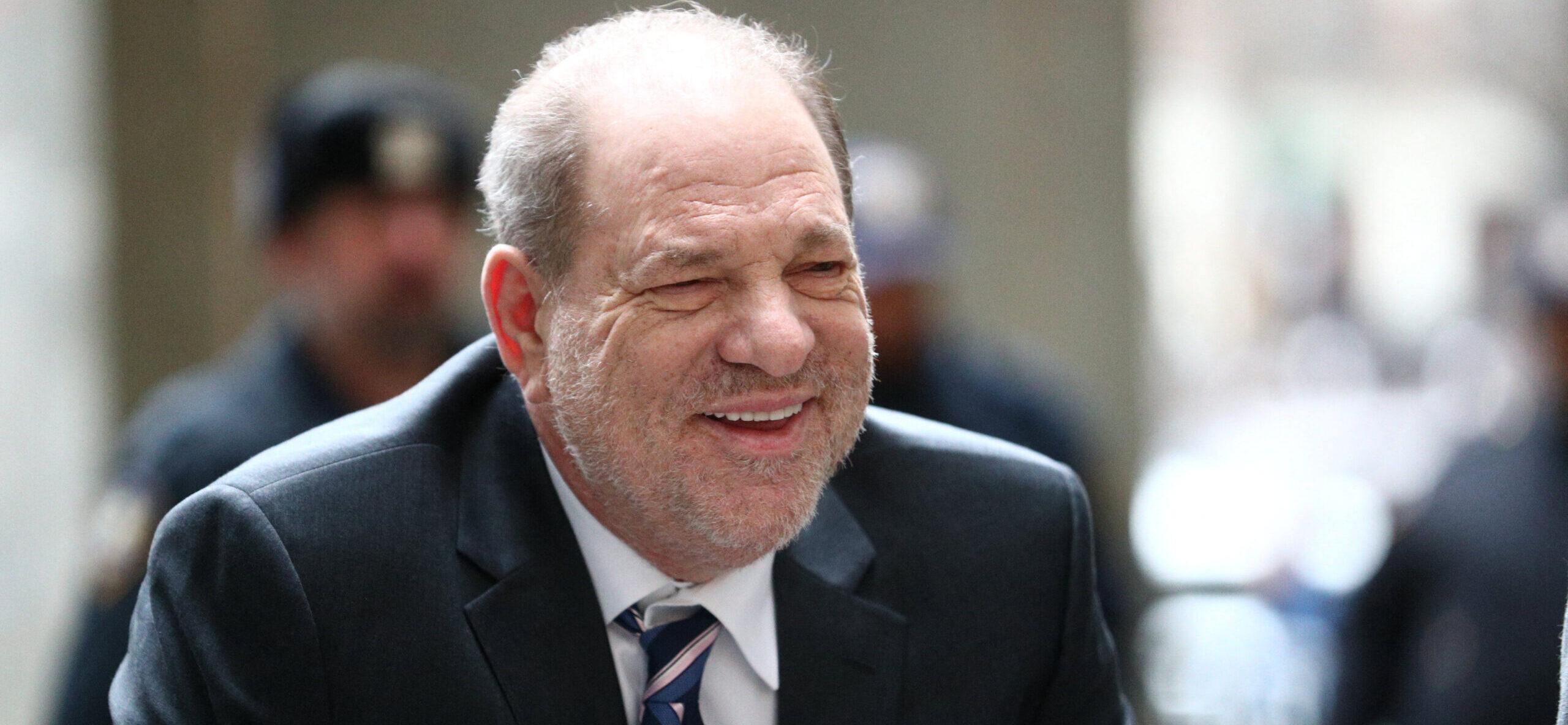
The highest court in New York overturned Harvey Weinstein's 2020 rape conviction due to prejudicial rulings during the #MeToo trial.
A judge criticized the decision as perpetuating outdated views on sexual violence. Weinstein remains imprisoned due to a separate Los Angeles conviction. His legal team argued the trial was unfairly influenced, while prosecutors defended the rulings as necessary to provide context.
Harvey Weinstein's 2020 Rape Conviction Overturned
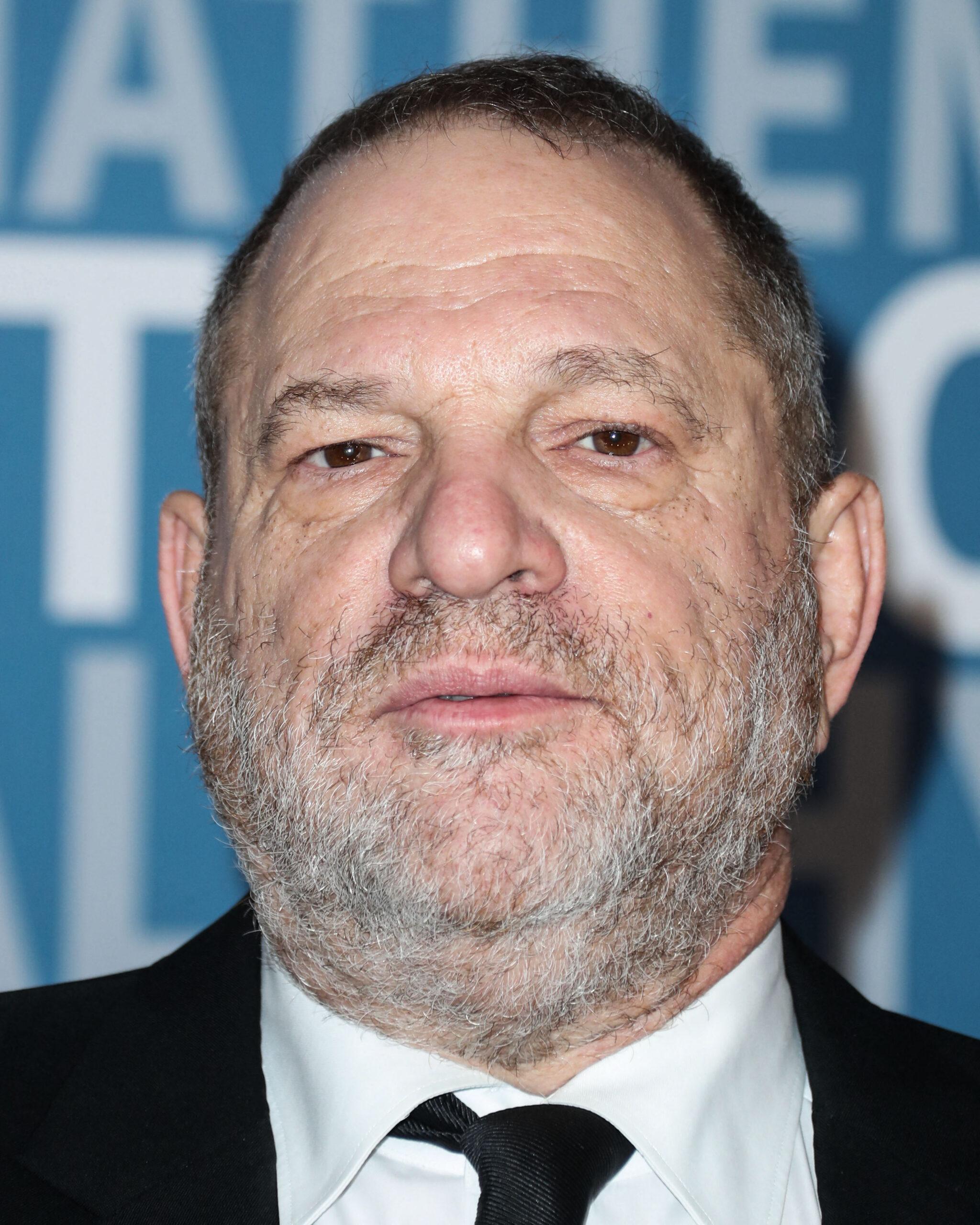
In a strong dissenting opinion, Judge Madeline Singas slammed the decision, noting that the majority was "whitewashing the facts to conform to a he-said/she-said narrative."
She criticized the Court of Appeals for a "disturbing trend of overturning juries' guilty verdicts in cases involving sexual violence."
According to Deadline, Singas contended that "The majority's determination perpetuates outdated notions of sexual violence and allows predators to escape accountability."
The majority opinion also criticized the allowance of untested allegations that merely tarnish the defendant's character, noting that "it is an abuse of judicial discretion to permit untested allegations of nothing more than bad behavior that destroys a defendant's character but sheds no light on their credibility as related to the criminal charges lodged against them."
The court's 4-3 decision read: "We conclude that the trial court erroneously admitted testimony of uncharged, alleged prior sexual acts against persons other than the complainants of the underlying crimes." It continued: "The remedy for these egregious errors is a new trial."
Harvey Weinstein Breaks Silence After 2020 Rape Conviction Was Overturned
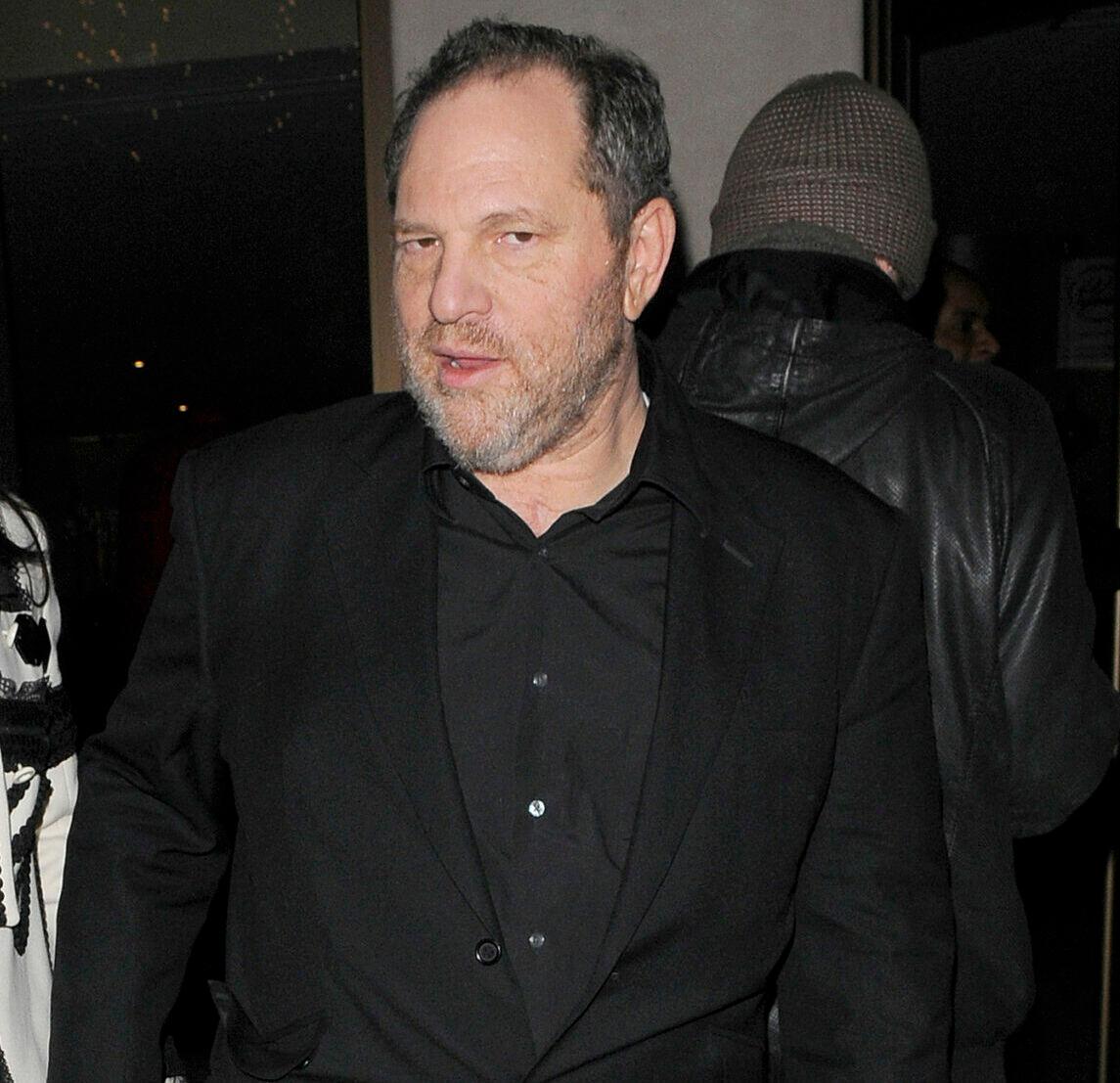
Following the ruling, Weinstein's lawyer, Arthur Aidala, asserted: "We all worked very hard, and this is a tremendous victory for every criminal defendant in the state of New York."
"We're cautiously excited," Weinstein's spokesperson, Juda Engelmayer, also told Deadline in response to the ruling becoming public. "He still has a long road ahead of him because of the Los Angeles case. We are studying the ramifications of the appeal right now."
However, despite the reversal of his New York conviction, he will remain incarcerated due to a separate conviction in Los Angeles in 2022 for another rape, resulting in a 16-year prison sentence. The film producer was, however, acquitted in Los Angeles on charges related to one of the women who testified in the New York trial.
The 72-year-old has also been serving a 23-year sentence in a New York prison after being found guilty of a criminal sex act for coercing oral sex from a TV and film production assistant in 2006 and third-degree rape for assaulting an aspiring actress in 2013.
Harvey Weinstein's Lawyers Say Trial Was '1-800-GET-HARVEY'
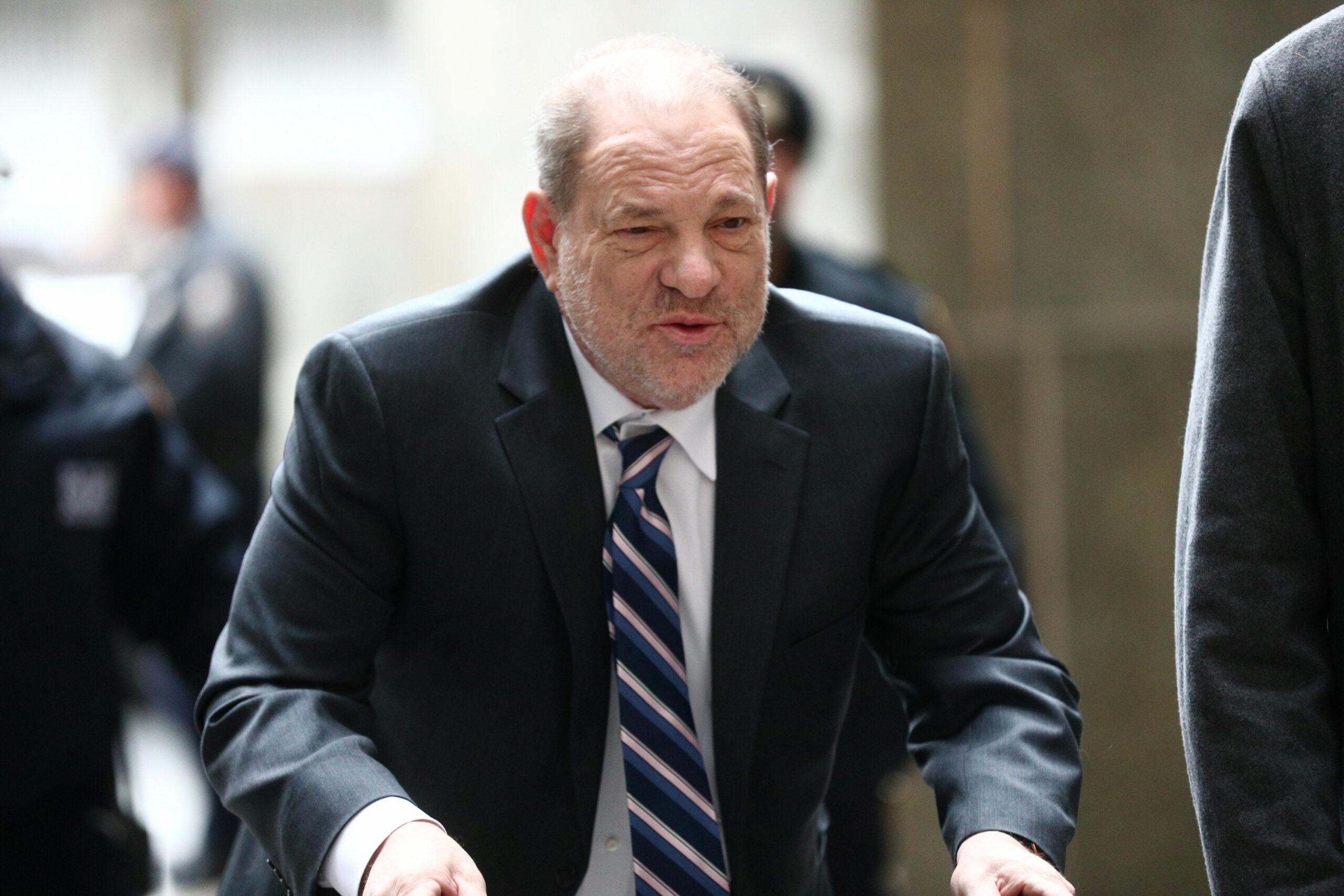
The court's decision to overturn Harvey Weinstein's 2020 rape conviction reopens a painful chapter in America's struggle against sexual misconduct by influential individuals, potentially necessitating Weinstein's accusers to testify once again.
Weinstein's conviction endured for over four years and was celebrated by activists and advocates as a significant milestone. However, his legal team swiftly contested it, and the Court of Appeals scrutinized it during the February hearings.
During the hearing, Aidala contended before the appeals court that Judge Burke's decisions unduly influenced the trial, particularly by permitting testimony from three women regarding allegations unrelated to the case and by allowing prosecutors to confront Weinstein had he testified about his past aggressive conduct.
'We Had A Defendant Who Was Begging To Tell His Side Of The Story'
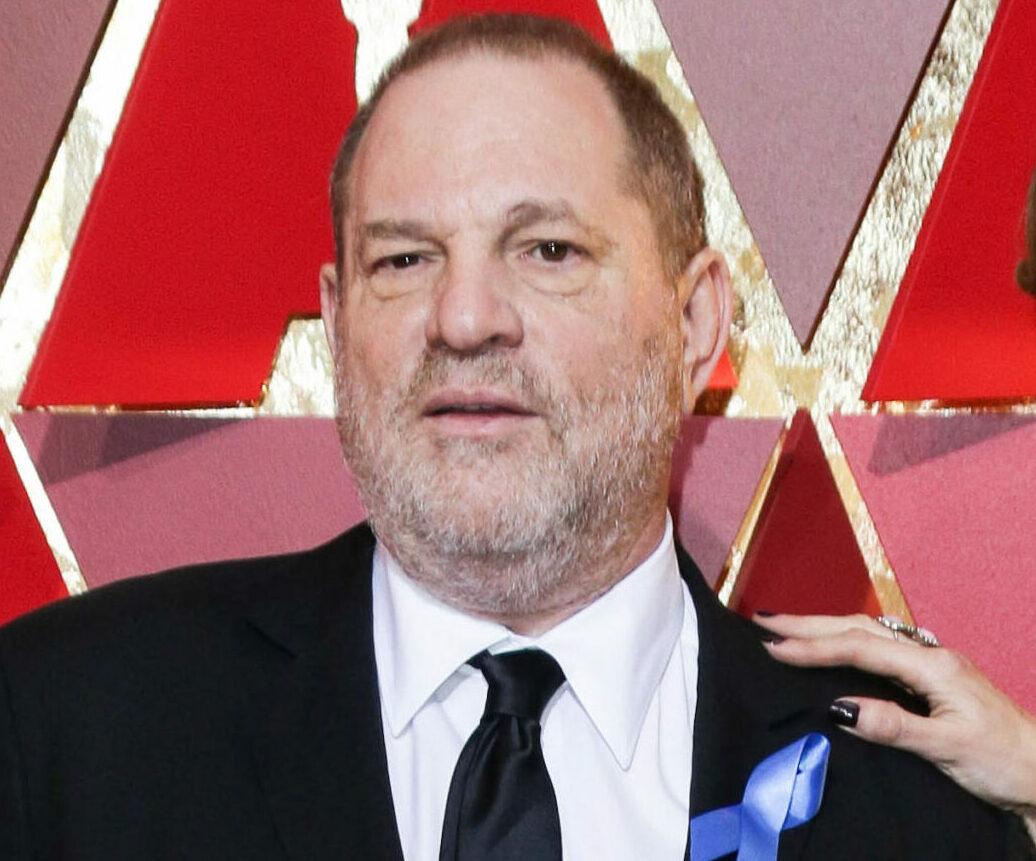
The Hollywood producer's lawyer, Aidala, argued that this additional testimony surpassed the permissible boundaries concerning motive, opportunity, intent, or a common plan, essentially placing Weinstein on trial for offenses he wasn't charged with.
"We had a defendant who was begging to tell his side of the story. It's a he said, she said case, and he's saying 'that's not how it happened. Let me tell you how I did it,'" Aidala argued.
He further claimed that the jurors heard evidence of Weinstein's prior bad behavior that "had nothing to do with truth and veracity. It was all 'he's a bad guy.'"
At the time, Weinstein's legal team contended that Judge Burke's rulings favored the prosecution, transforming the trial into what they dubbed as "1-800-GET-HARVEY."
Prosecutors In Harvey Weinstein's Trial Argued That The Ruling Was Just
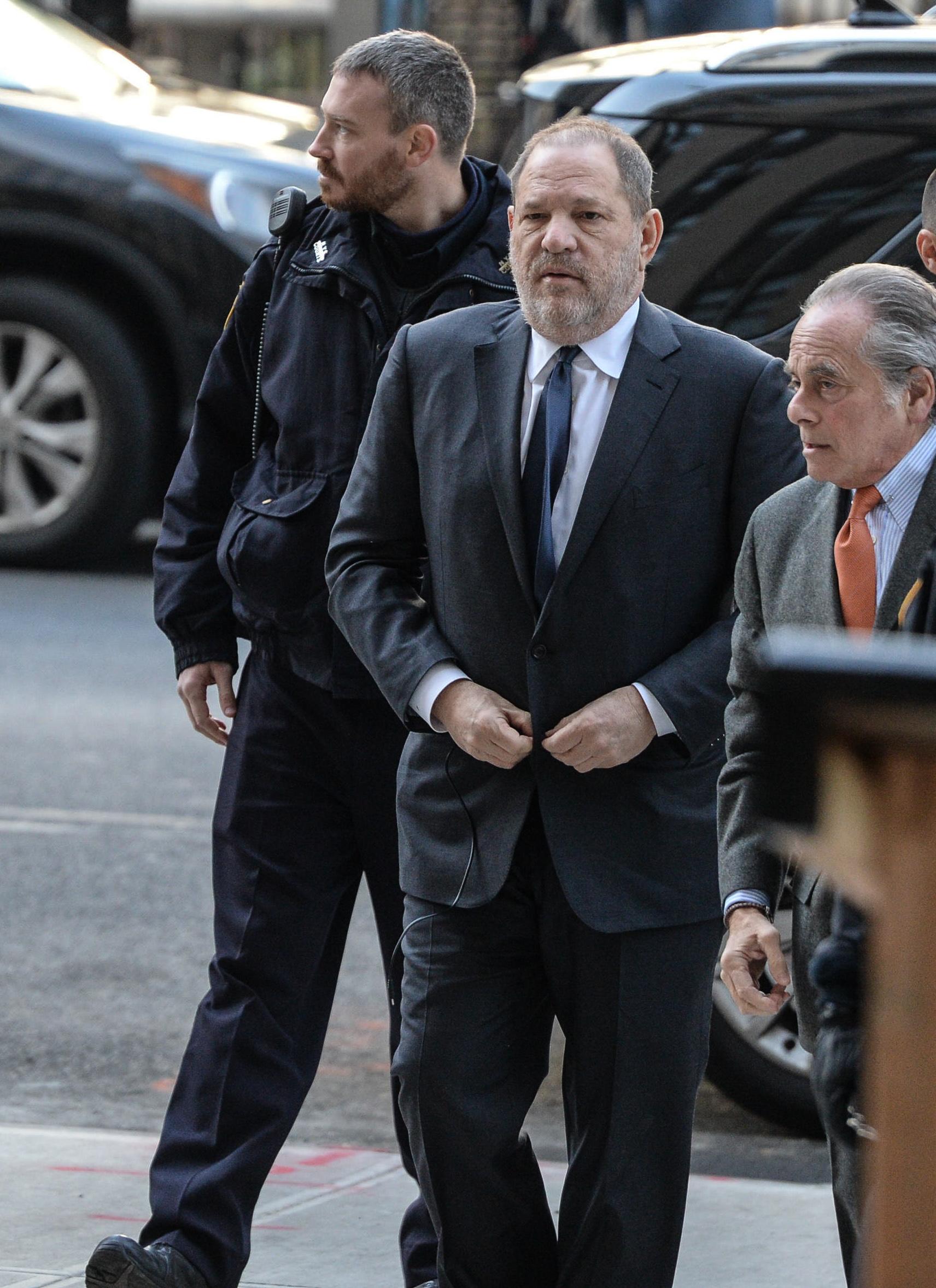
However, a representative from the Manhattan district attorney's office, responsible for prosecuting the case, argued that Judge Burke's rulings were appropriate and that the inclusion of additional evidence and testimony was crucial in providing jurors with context regarding Weinstein's conduct and interactions with women.
"Defendant's argument was that they had a consensual and loving relationship both before and after the charged incidents," stated Appellate Chief Steven Wu, referring to one of the women Weinstein was accused of assaulting. The additional testimony "just rebutted that characterization completely."
Wu emphasized that Weinstein's acquittal on the most serious charges, including predatory sexual assault and first-degree rape involving allegations from actor Annabella Sciorra, demonstrated that the jurors were attentive and not overwhelmed or confused by the additional evidence. Judge Burke's term concluded at the end of 2022, and he was not reappointed, thus no longer serving as a judge.